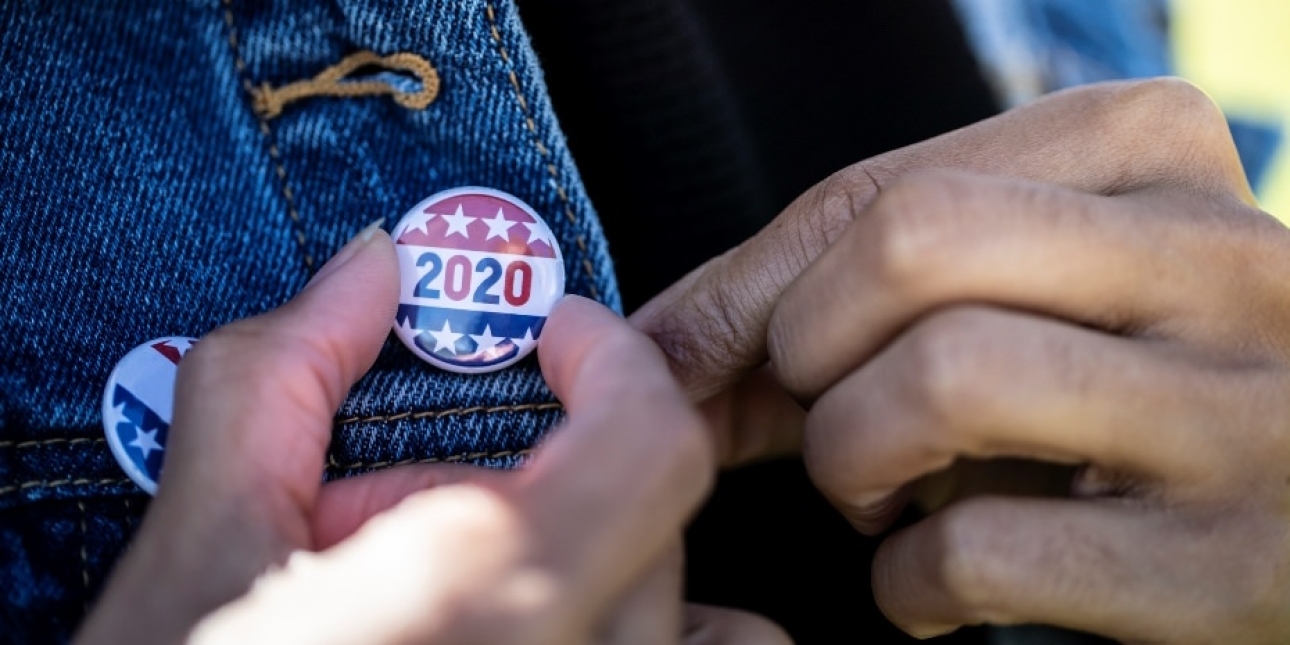PUBLIC RELATIONS
Thursday 29th October 2020
Political influence: the role of social media in the US Presidential Election
The result of the upcoming US Presidential Election has been long-awaited by American citizens and the rest of the world. The race to the White House has predictably been anything but smooth – with digital sabotage, hype houses and conspiracy theories recently dominating global headlines.
We first saw the use of social media in politics when Barack Obama used Facebook to increase campaign awareness in the run up to the 2008 election. In an unprecedented move, Obama took advantage of social media and smartphone use, and sidestepped traditional media outlets to reach supporters directly. Adopting a similar approach and with similar success, Trump’s Twitter feed became a vital tool in communicating with his growing number of followers.
Alexandria Ocasio-Cortez is another American politician who has witnessed the power of social media and reaped the benefits of an extremely dedicated fanbase.
In July, a video of her remarks following a confrontation with Florida Republican Representative Ted Yoho, was tweeted by political network C-SPAN and went viral. Within six hours, it became the most retweeted post ever sent by the network. Within the tweet's first 24 hours, it was retweeted more than 95,000 times and had more than 220,000 likes.
As candidates’ social media teams look to keep up with the most efficient ways to maintain campaign momentum, it’s unsurprising that a number have turned to influencer marketing to spark political conversation.
Earlier this year, Mike Bloomberg spent over $700,000,000 on marketing for his bid to become Democrat nominee – a large proportion of which was dedicated to influencers. As well as engaging an agency whose sole purpose was to create memes and develop a “self-aware ironic” online persona for Bloomberg, throughout the campaign influencers were also offered $150 per post endorsing him as an electable candidate.
Presidential nominee Joe Biden has also employed influencers in his campaign strategy, albeit in a slightly different way, and he has capitalised on having access to their vast social media audiences.
Relationships with TV presenter Keke Palmer and YouTuber Bethany Mota – with whom he discusses open-ended questions about what a potential Biden presidency would look like – granted him access to hard-to-reach audiences who may not have otherwise been exposed to the content via Biden’s own social media channels.
And it’s not just candidates themselves using social media to influence political outcomes. As 2020’s most downloaded app, TikTok has gone from a platform used by teenagers to create lip-syncing and dancing videos to a channel hosting a vast quantity of fast-paced political engagement.
While paid political ads are banned on the app, its powerful algorithm has facilitated the spread of organic political content and has acted as a vehicle for users to share their views. In June, it took just one TikTok video to start a no-show protest that led to an embarrassingly poor turnout at a Trump re-election rally.
Our most recent research – Into the Mainstream: Influencer Marketing in Society – found that more than a third of 16-44 year olds (37%) regularly source news updates from influencers over journalists and established news outlets. In a time where engaging Gen Z has never been so important, TikTok appears to have established itself as a main social media player at just the right time.
What we must not forget is this shift in media consumption brings with it a heightened responsibility, especially concerning the spread of misinformation. There has been growing concern about the issues surrounding ‘Fake News’ following Russia’s involvement in the US Election of 2016.
Without a doubt, social media has transformed the US political landscape since Obama first used Facebook to secure his spot in the White House in 2008. Trump has taken Twitter, TikTok has captured the masses and Alexandria Ocasio-Cortez has more Twitter followers than any member of the House.
Social media will continue to be a powerful tool in political campaigns, but it will require a collective effort from all parties. The authorities, social media platforms and trade bodies such as the FTA must pull together to ensure the spread of misinformation is tackled. Influencers must also be willing to play their part – only then can political activity on social media be truly fair game.
